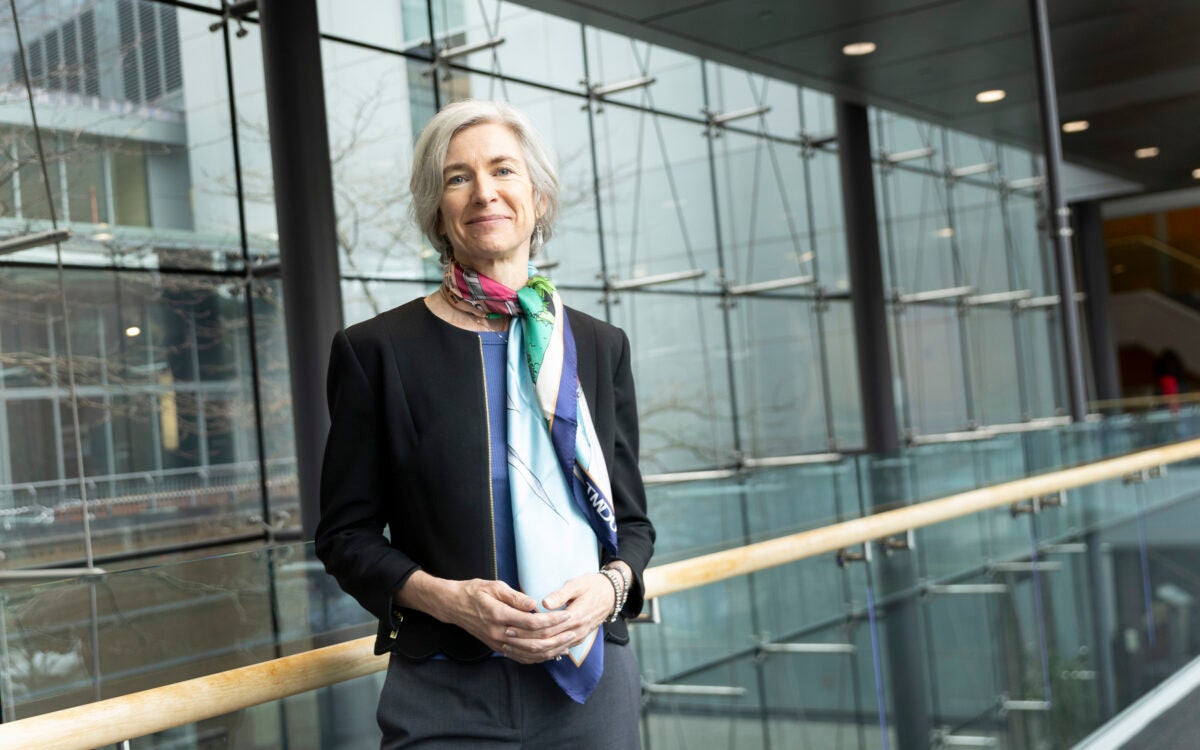Harvard scientists identify chromosome location of genes associated with long life
May lead to better understanding of aging process
Scientists have long thought of aging as a complex process affected by perhaps a thousand genes. So a recent discovery by Harvard scientists that a gene or genes located on a region of human Chromosome 4 may help people to live to age 100 was something of a surprise. “This is the first study to use humans to try to find genes that play a role in life span,” said Assistant Professor of Medicine Thomas Perls, one of the study’s co-authors and a geriatrician at Beth Israel Deaconess and director of the New England Centenarian Study. “Many investigators thought longevity was far more complex a trait that wouldn’t be influenced by just a few genes.” “We have known that only a few genes influence longevity in lower organisms and that now appears to be true in humans,” said Louis M. Kunkel, chief of genetics at Children’s Hospital in Boston. Once the researchers uncover the specific genes, they would like to understand the biochemical pathways the gene or genes affect to promote longevity. They speculate that such insight could lead to the development of drugs that mimic what centenarians possess genetically to escape the adverse consequences of aging.




